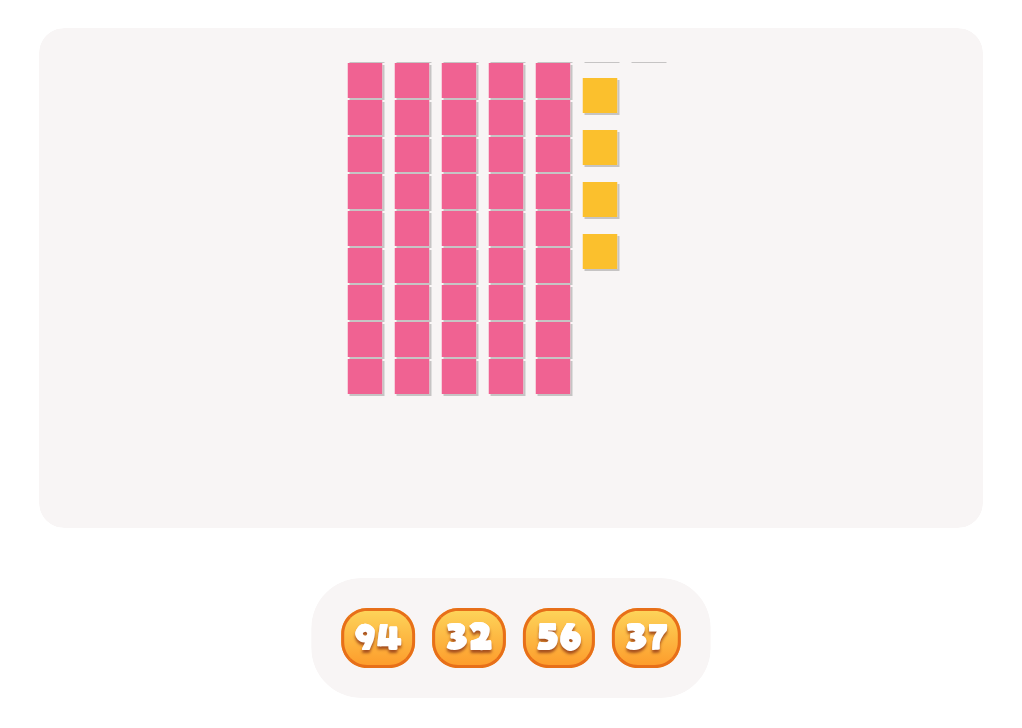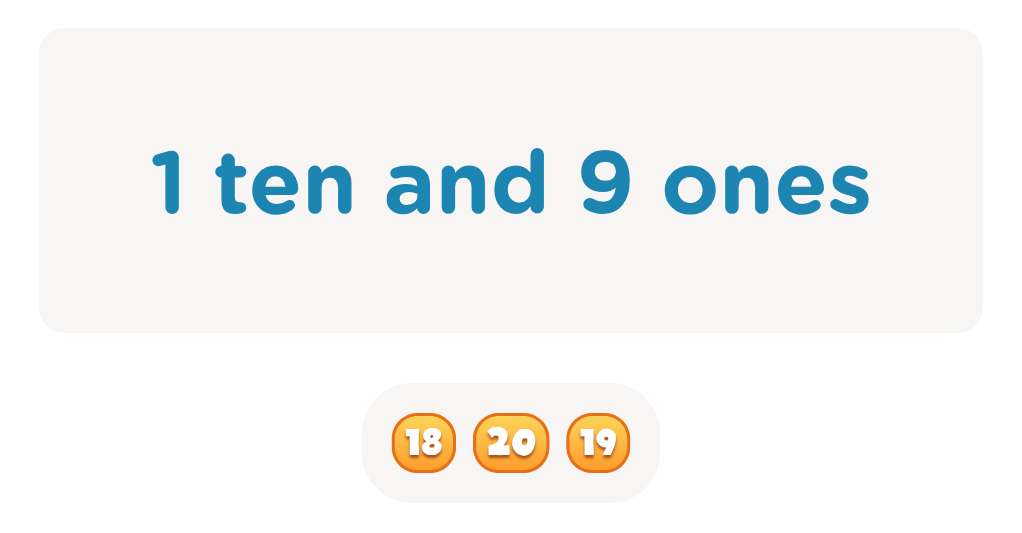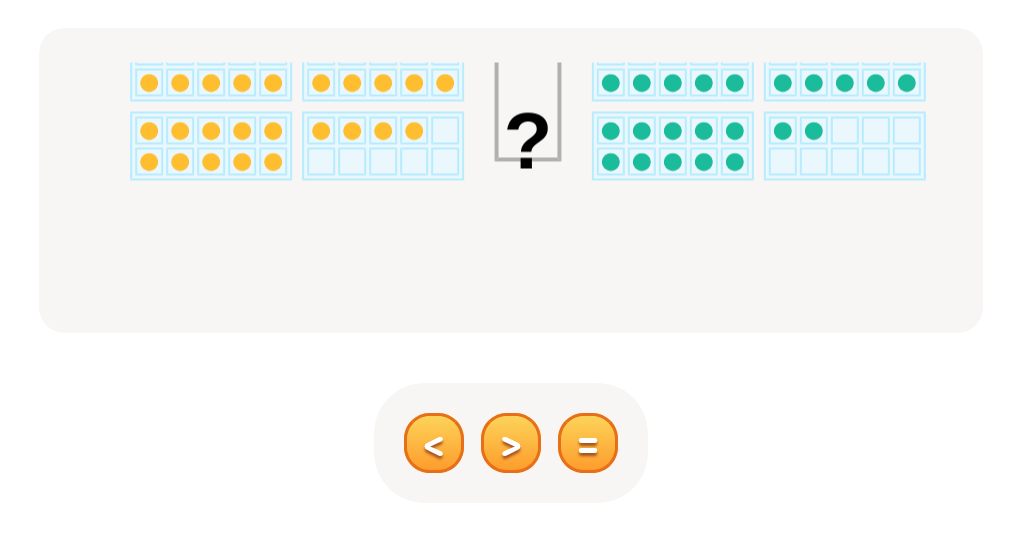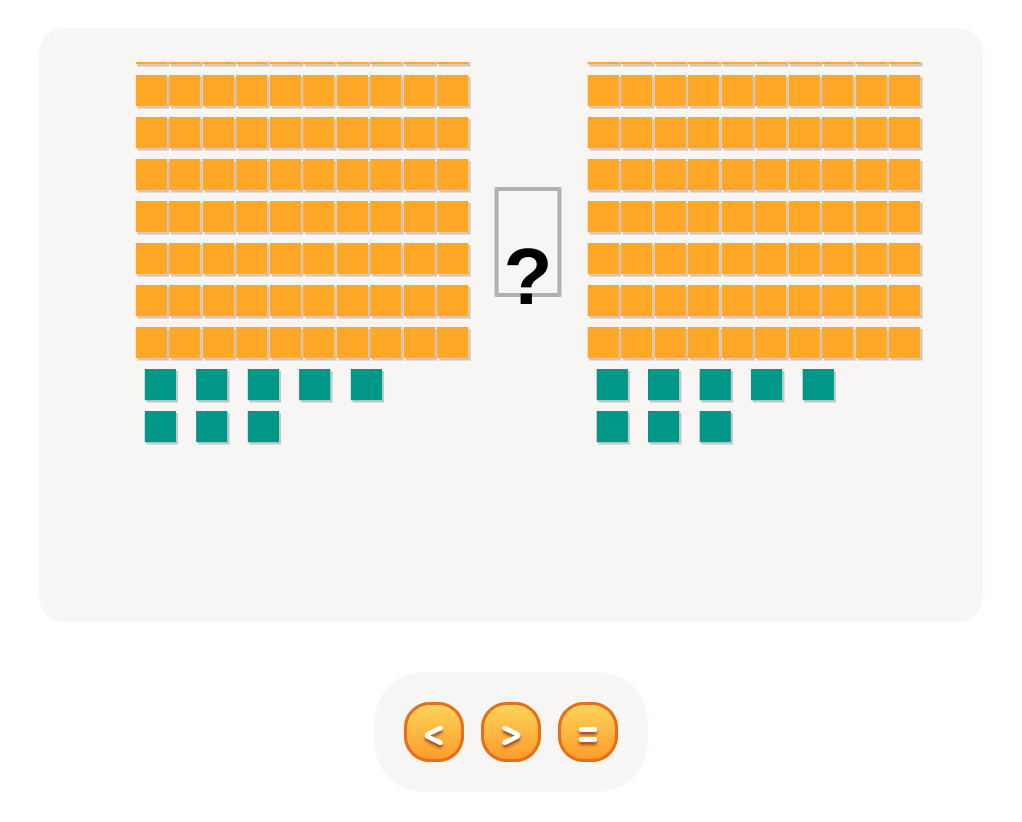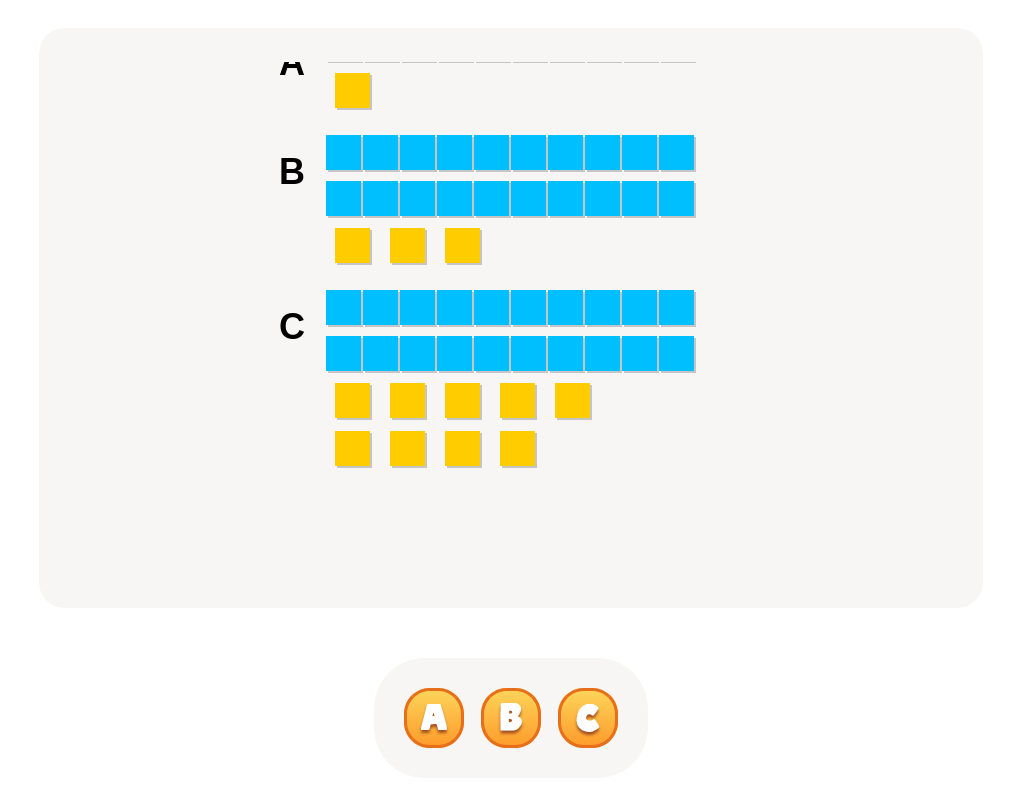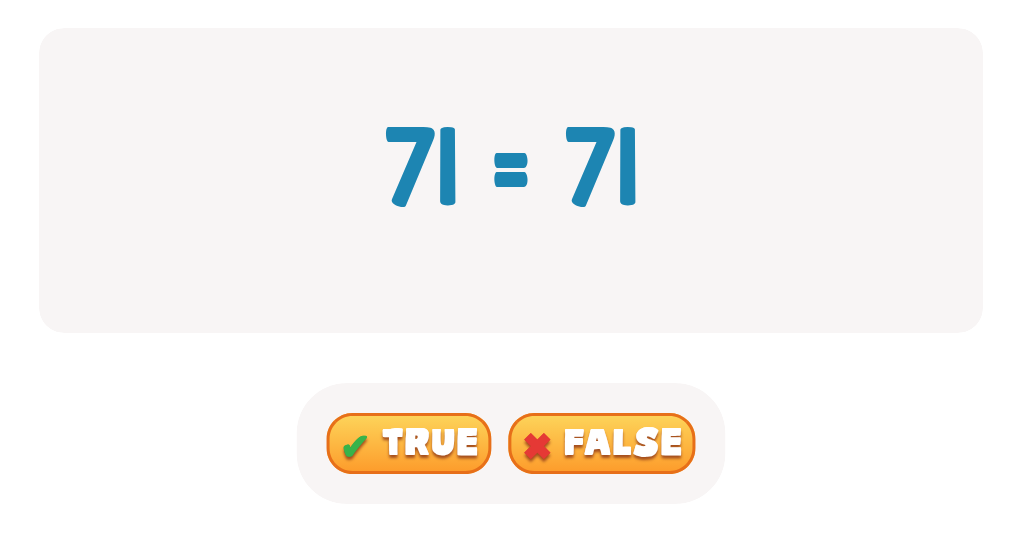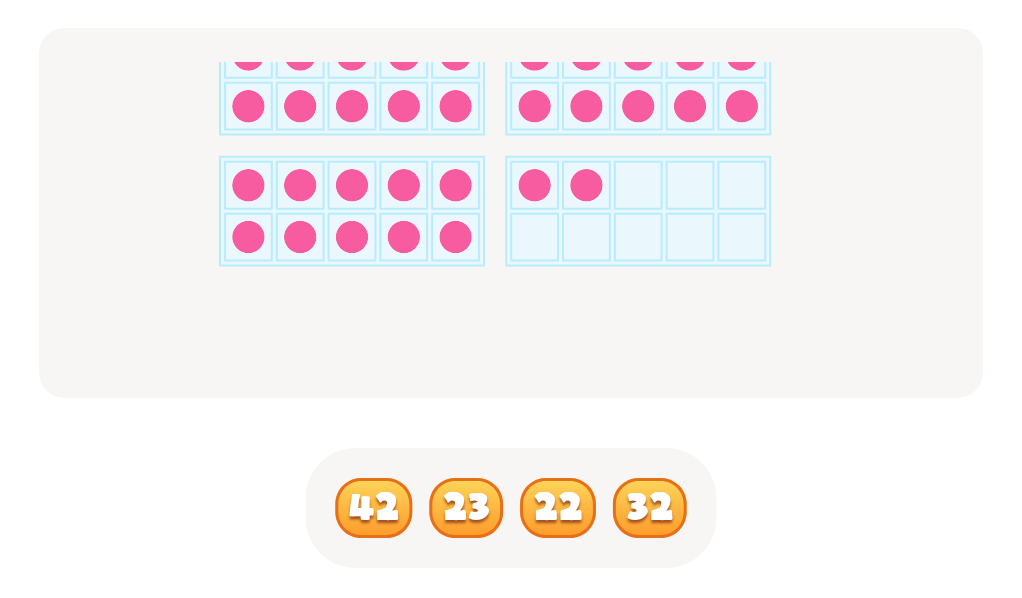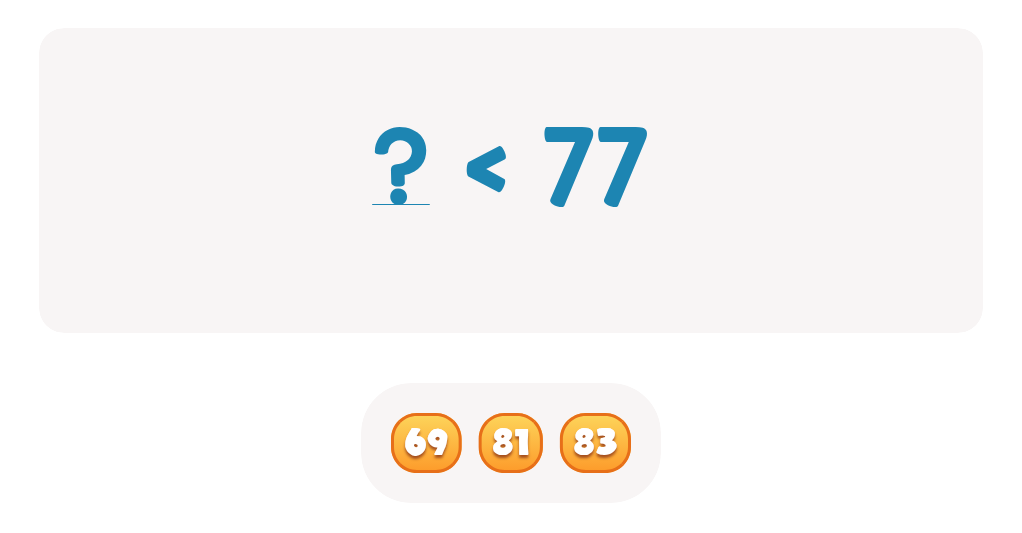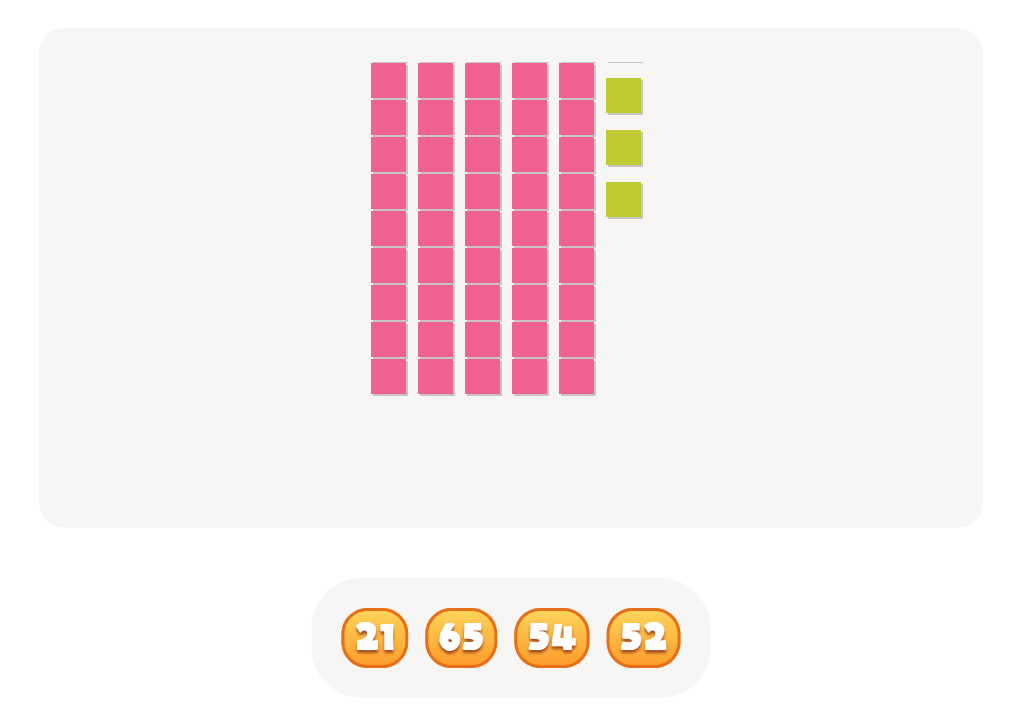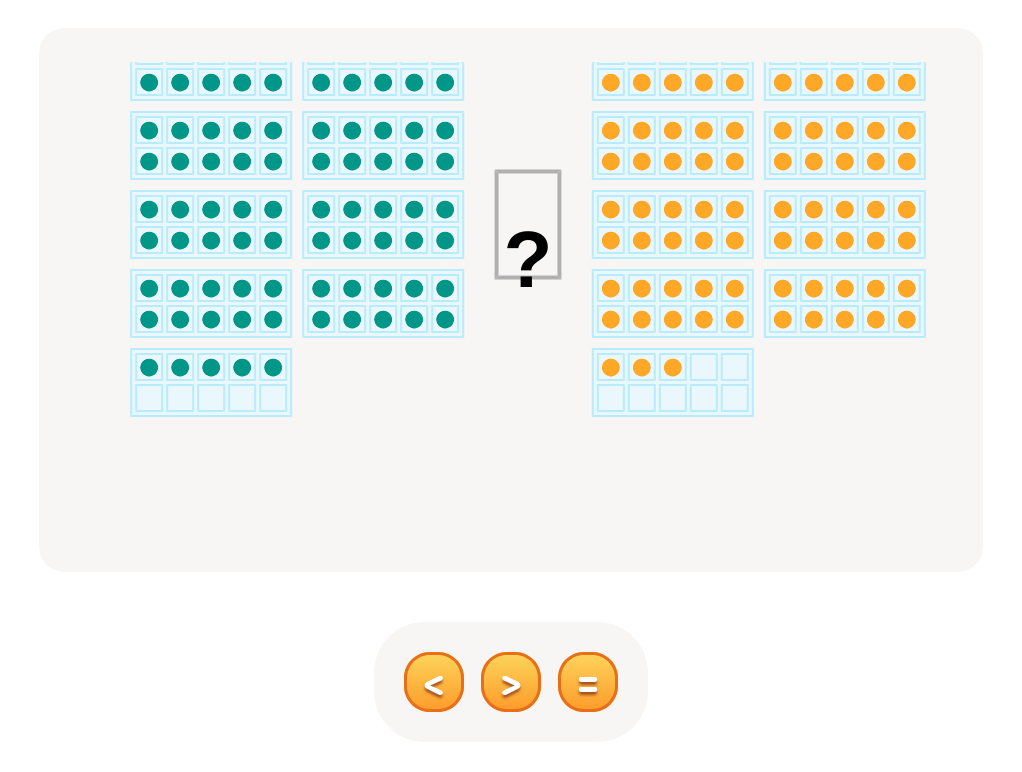Basic Math Skills Place Value Worksheets for Ages 7-8
5 filtered results
-
From - To
Unlock your child's mathematical potential with our engaging Place Value Worksheets, specially designed for ages 7-8! These worksheets provide a structured way for young learners to grasp the fundamental concepts of place value, enhancing their understanding of numbers. Each worksheet features fun and interactive exercises that make learning enjoyable while reinforcing essential skills. From identifying digits in various positions to mastering whole numbers and decimals, these resources offer diverse activities tailored to different learning styles. Perfect for classroom use or home study, our worksheets create a solid foundation for future math success. Elevate your child's math skills today!
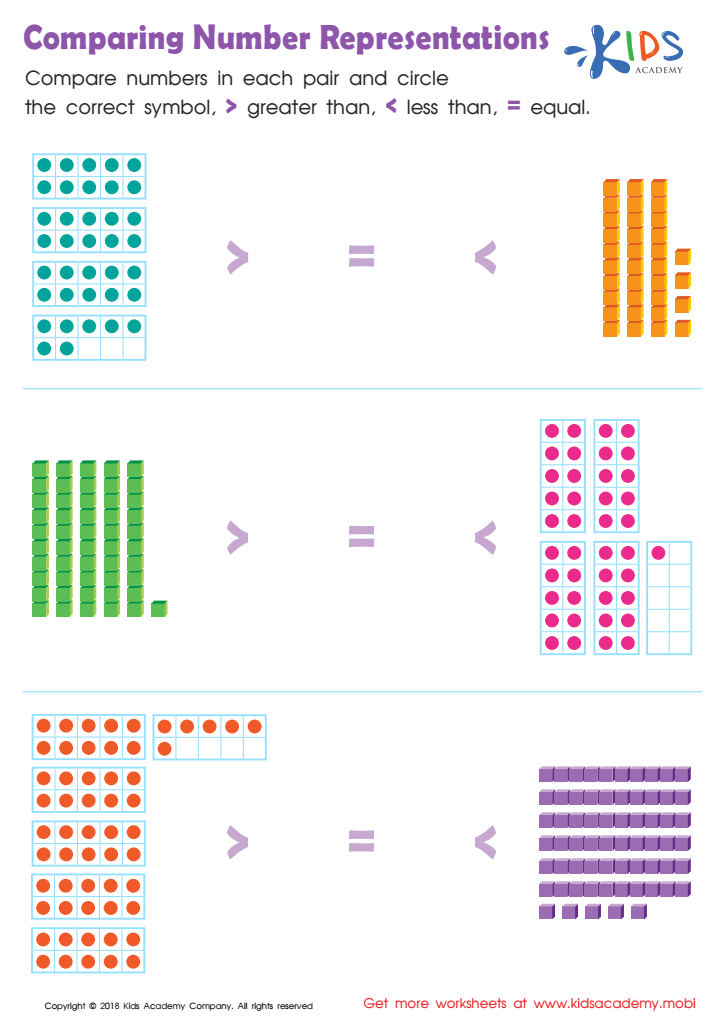

Comparing Number Representations Worksheet
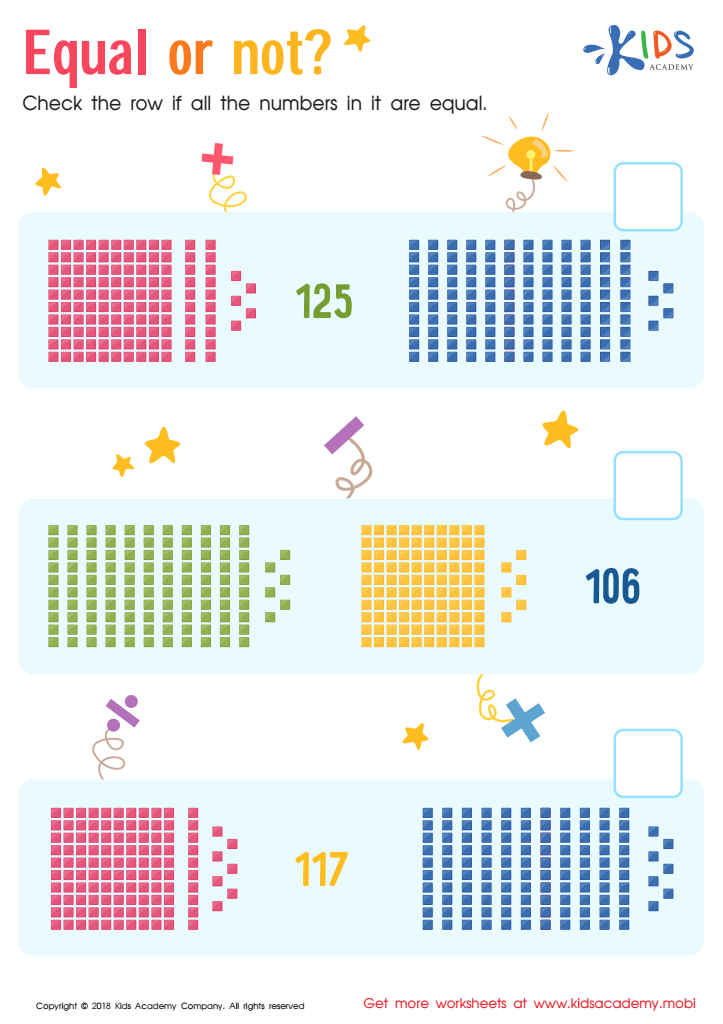

Equal or not Worksheet
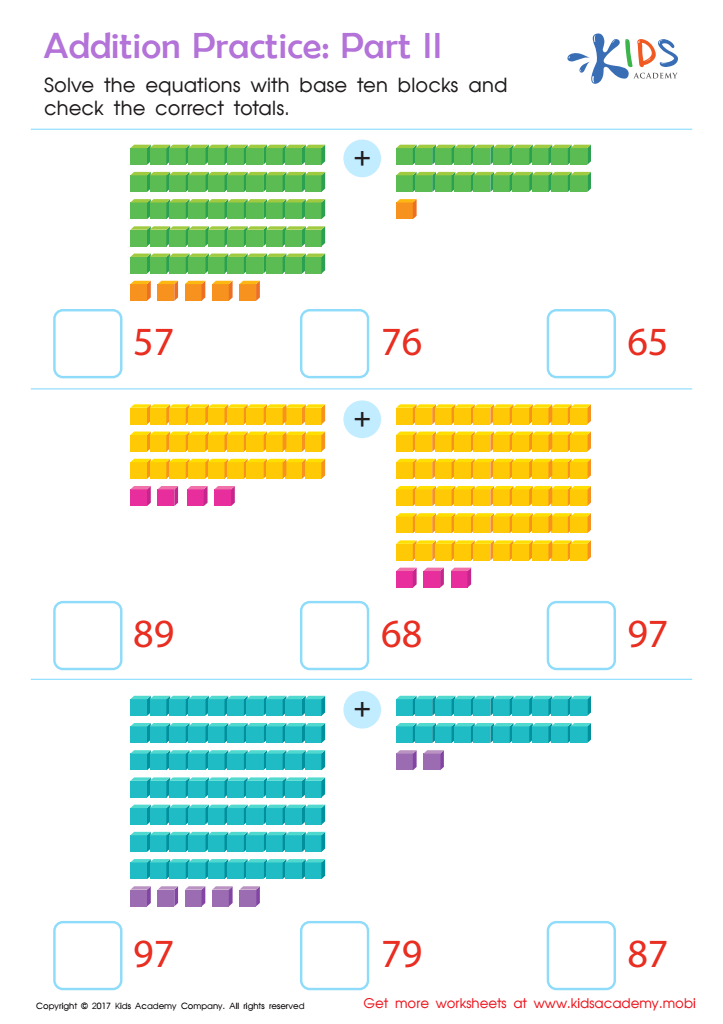

Addition Practice Sheet: Part 2
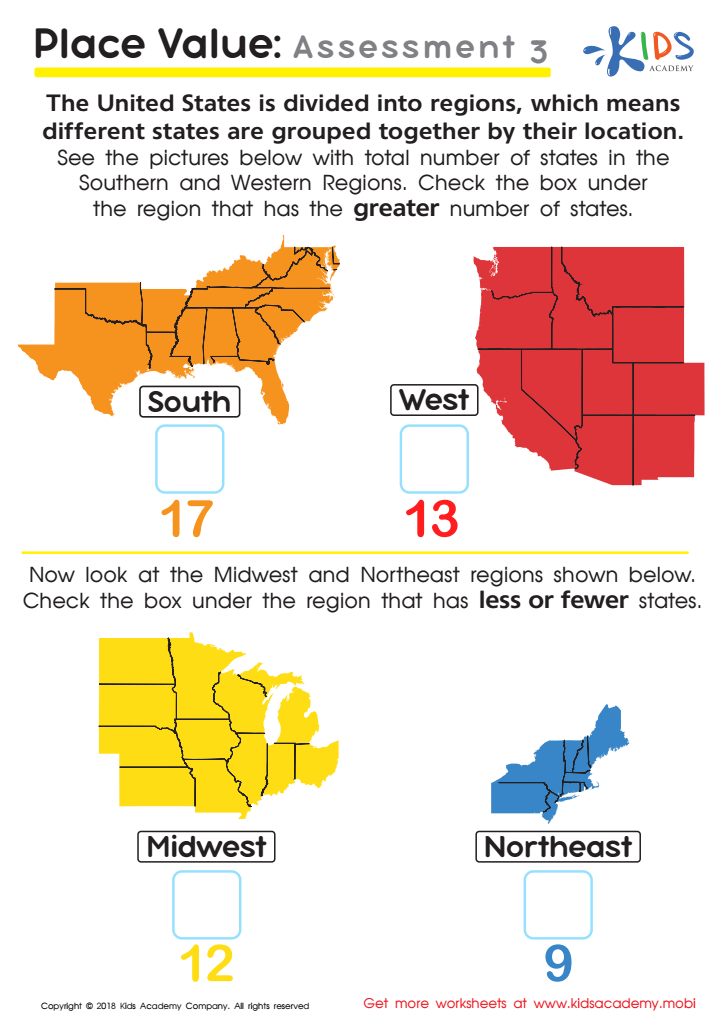

Place Value: Assessment 3 Worksheet
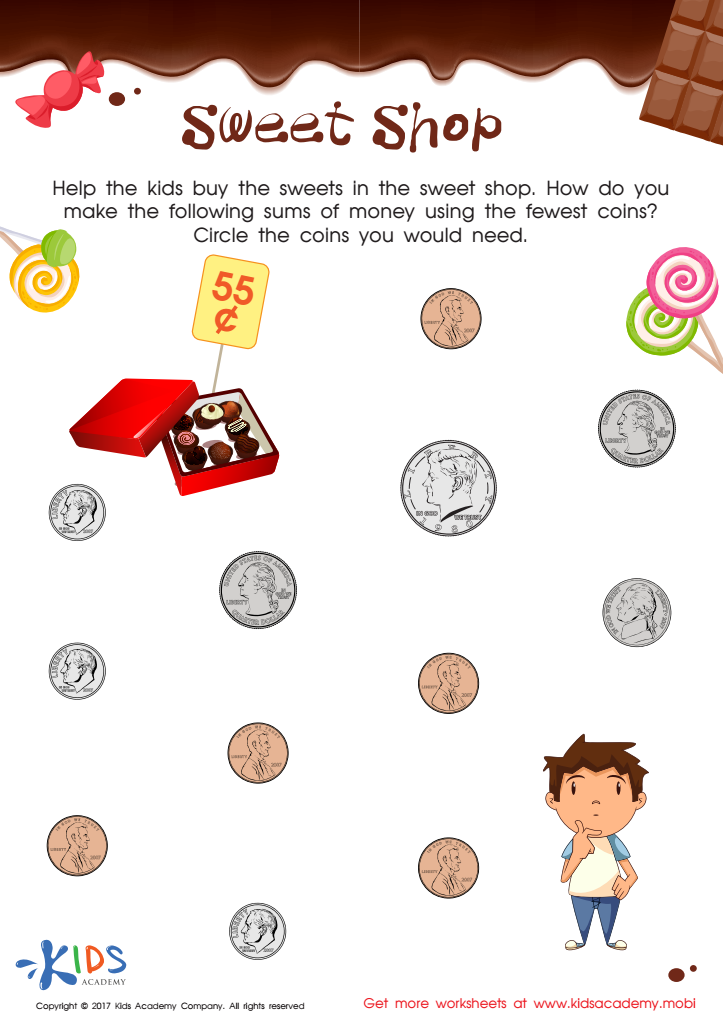

Sweet Shop – Counting Coins Worksheet
Place value is a fundamental concept in basic math skills for children aged 7-8, serving as a building block for their mathematical understanding. At this age, children transition from simple counting to more complex operations, and a solid grasp of place value lays the groundwork for this development. Understanding place value allows children to comprehend that the position of a digit within a number determines its value, which is critical for mastering addition, subtraction, multiplication, and division.
Parents and teachers should prioritize place value because it fosters number sense, enabling children to compare, round, and work with larger numbers effectively. This skill aids in developing mental math strategies and enhances problem-solving abilities, both of which are essential in daily life and future academic pursuits.
Moreover, proficiency in place value contributes to self-confidence in math, helping children build a positive attitude towards the subject. When students struggle with place value, they may face persistent challenges in higher-level math, affecting their overall performance. By focusing on place value during these crucial years, parents and teachers can ensure that children have a strong mathematical foundation that supports their continued growth and success in math-related tasks for years to come.
 Assign to My Students
Assign to My Students
